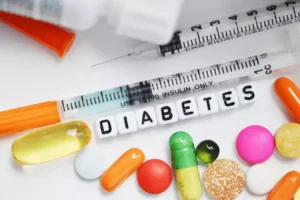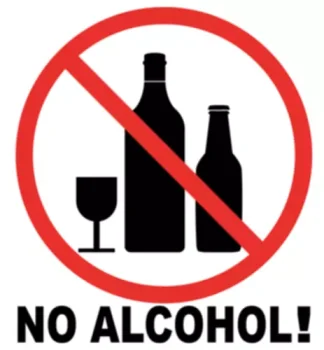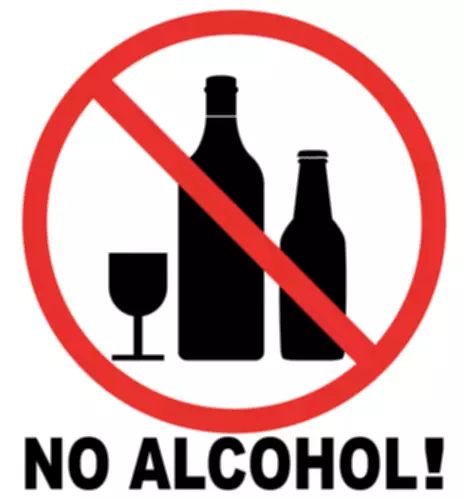
Federal law prohibits the unlawful manufacturing, distribution, use, and possession of controlled substances. Alcohol addiction can be difficult and potentially dangerous to recover from on your own. Severe alcohol withdrawal can be deadly, so heavy alcohol users should not attempt to wean off alcohol without the help of a professional medical detox facility. Alcohol addiction treatment will begin with a detox period that focuses on managing any uncomfortable or severe withdrawal symptoms that arise. After detox ends, patients start a rehab program that teaches them how to cope without alcohol and maintain sobriety. When it comes to job termination due to alcohol misuse, employers and employees must navigate a complex legal landscape.
Policies

Law enforcement efforts, such as DUI checkpoints, are designed to deter drunk driving and promote public safety. The legal ramifications of drug possession in the United States and around the world can be quite steep. If you or someone you know is regularly using drugs, finding effective treatment options can mean the difference between freedom and incarceration; life and death. In some cases, you may face probation or be required drug addiction to attend an alcohol education program.
- Even if you possess medications legally, you may face consequences if you use them in an illegal way.
- Our mission is to help everyone find the best path to recovery through the most comprehensive, helpful network of treatment providers worldwide.
- In family law, the child’s best interest is the paramount concern, and evidence of alcohol misuse can sway decisions regarding both physical and legal custody.
- Depending on how bad their alcohol misuse has been or if medically-assisted alcohol detox will be needed for withdrawal symptoms, entering a treatment center may be a necessary option.
Familial and Custodial Legal Issues
It is illegal in every state to provide alcohol to anyone under the age of 21. If you are caught doing this, you could face criminal charges and be fined. Additional consequences for DUI convictions can be severe, particularly when the offense involves bodily harm or fatalities. Under such circumstances, individuals may face prison time and be required to pay restitution to victims or their families. The operation of a vehicle is not limited to driving; actions such as turning the ignition or activating gears can also constitute vehicle operation, potentially leading to DUI charges. Our state-specific resource guides offer a comprehensive overview of drug and alcohol addiction treatment options available in your area.
What consequences does alcohol have on individuals and the community?
Availability depends on the jurisdiction, the nature of the offense, the individual’s criminal history, and the time elapsed since the conviction. For example, possession of cocaine, a Schedule II drug, might lead to more severe charges than marijuana. Penalties range from probation and mandatory drug counseling for lower-scheduled substances to significant fines and long-term imprisonment for higher-scheduled substances.

And all people who drink, regardless of the amount, need to be aware that long term effects of alcohol critical decision-making abilities and driving-related skills are already diminished long before a person shows physical signs of intoxication. In addition to keeping alcohol out of the hands of minors, alcohol-related laws also criminalize the use of alcohol in situations that may place other individuals at risk. DUI is a very severe traffic and alcohol-related offense that kills or harms a significant number of people every year. Because it has the potential to greatly injure others, driving under the influence is punished harshly in many states. The Recovery Village Cherry Hill at Cooper provides a full continuum of care, from medical detox and inpatient rehab to aftercare. We are here to help you and those you love recover from addiction and begin a healthier, alcohol-free future.



